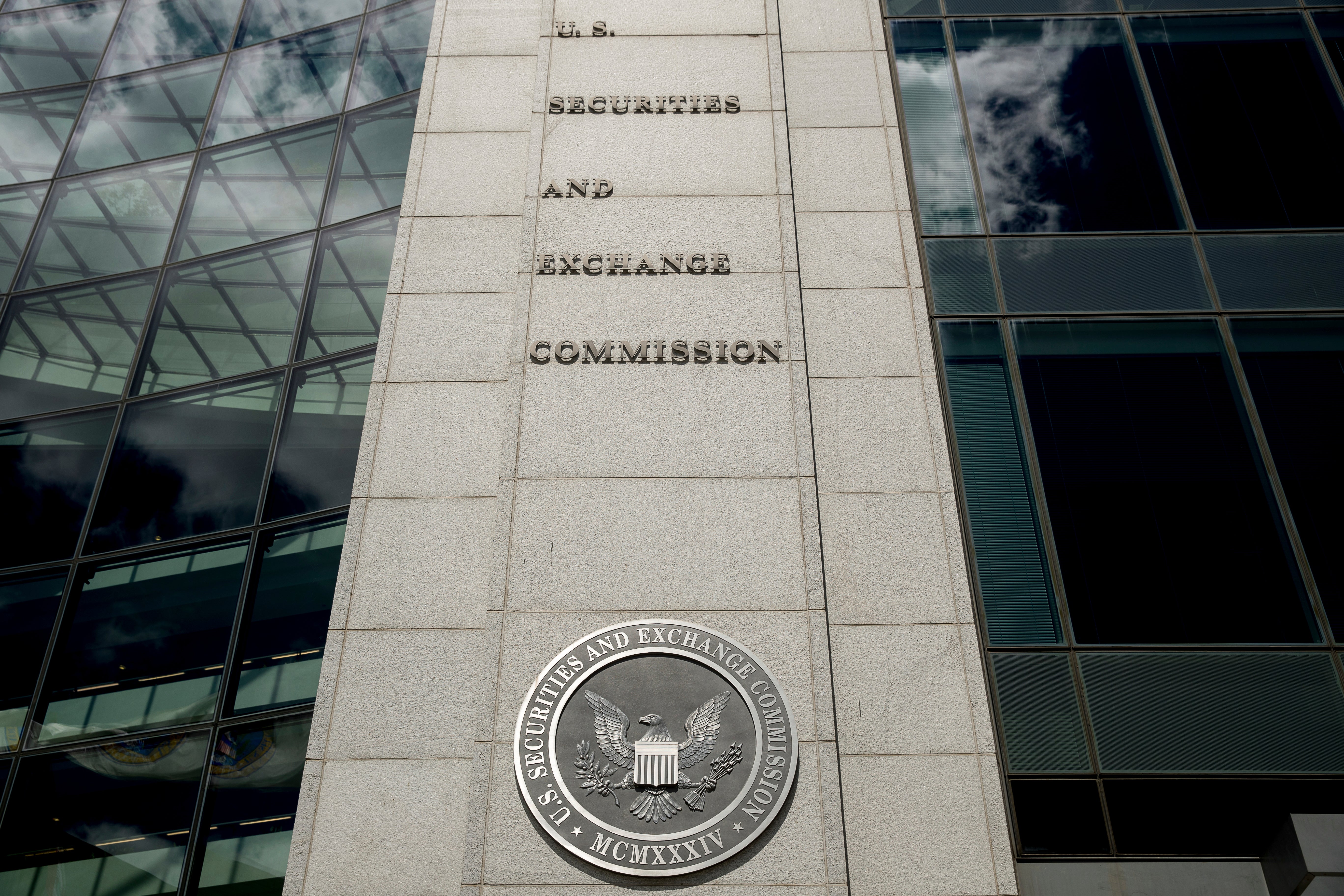Executives could forfeit some compensation under new rule
Securities regulators wants to make sure publicly traded companies recover any executive compensation that’s awarded based on financial statements that are found to contain errors

Your support helps us to tell the story
From reproductive rights to climate change to Big Tech, The Independent is on the ground when the story is developing. Whether it's investigating the financials of Elon Musk's pro-Trump PAC or producing our latest documentary, 'The A Word', which shines a light on the American women fighting for reproductive rights, we know how important it is to parse out the facts from the messaging.
At such a critical moment in US history, we need reporters on the ground. Your donation allows us to keep sending journalists to speak to both sides of the story.
The Independent is trusted by Americans across the entire political spectrum. And unlike many other quality news outlets, we choose not to lock Americans out of our reporting and analysis with paywalls. We believe quality journalism should be available to everyone, paid for by those who can afford it.
Your support makes all the difference.Securities regulators wants to make sure publicly traded companies recover any executive compensation that’s awarded based on financial statements that are found to contain errors.
The Securities and Exchange Commission said Wednesday that it has adopted a rule that calls on national securities exchanges to require the companies whose stock they list to comply with the new compensation clawback policy.
Companies will have to disclose any instance when they recovered erroneously awarded incentive-based compensation, whether from a current or former executive. The rule applies to compensation paid out up to three years before the date when a company is required to disclose an accounting statement.
The rule complies with a requirement in Wall Street reform law known as the Dodd-Frank Act, which was enacted in 2010 following the financial crisis.
The policy will officially kick in 60 days following publication in the Federal Register.
SEC Commissioner Hester M. Peirce, who was appointed to the commission in 2018 during the Trump administration, voted against the rule, arguing that, in some cases, it “could impose costs on shareholders greater than the benefits they derive from the clawbacks.”